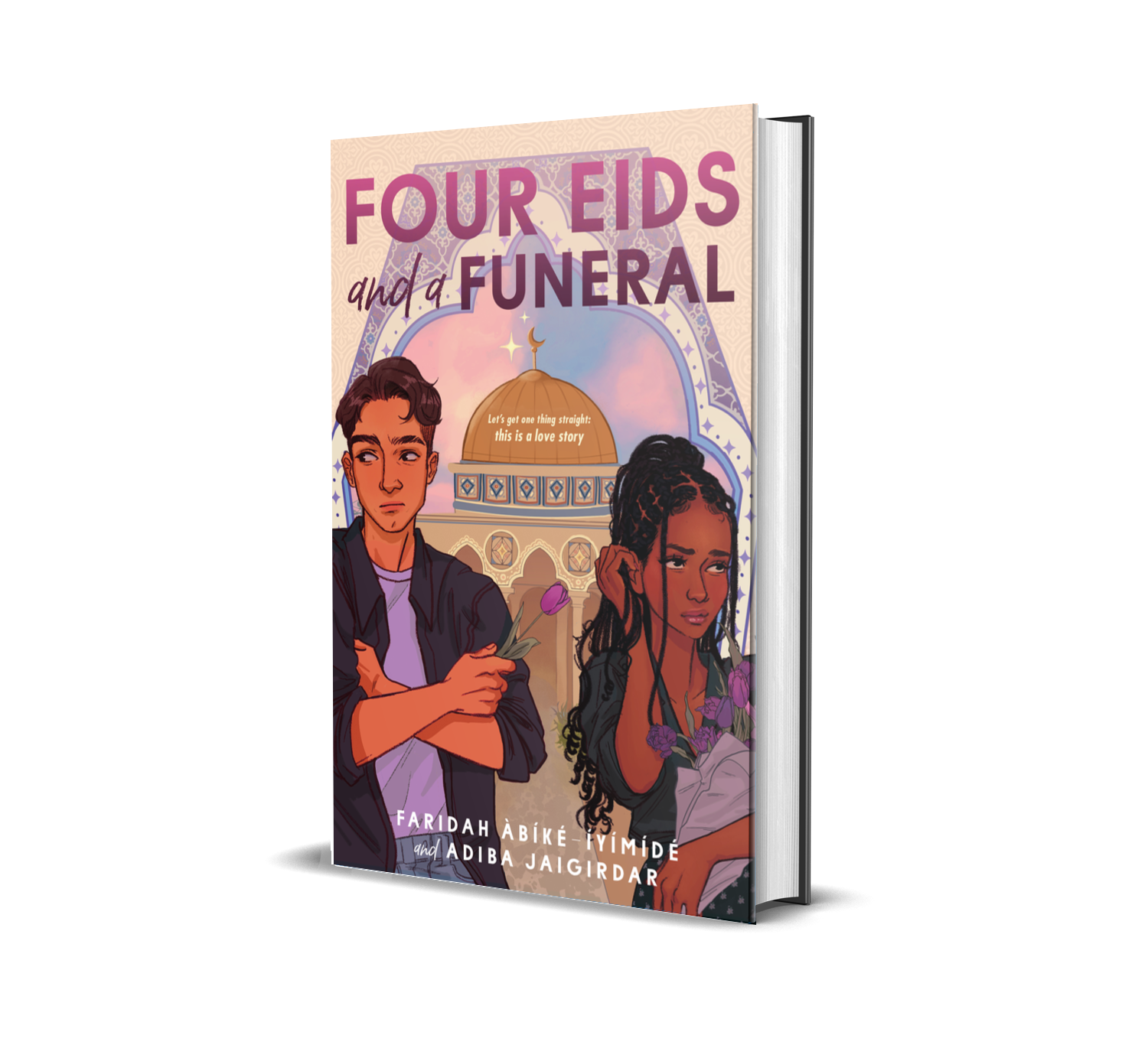I haven’t done one of those, “the query that got me my agent” posts yet, but in the lead-up to April’s DVpit, I’m going to share the query that got me my agent, the twitter pitches which, while successful, did not get me my agent, and just some general advice. Okay, buckle in!
The Pitch
I think there are two important questions that every query and pitch should answer:
What is the goal of the main character?
What happens if the main character doesn’t achieve their goal?
As a contemporary writer, especially one that loves quiet books, it’s not always easy to answer these questions. Especially because a lot of SFF books have really big, splashy goals and stakes! But you don’t need the world on the brink of destruction, or someone risking their life, to write a compelling pitch.
Here’s my #DVpit pitch from the Oct 2018 event:
My character’s goal here is pretty clear: Win the business competition!
Here’s another pitch for the same book that focuses more on the stakes:
This brings to my next point, which is…your book has a lot of different dimensions. It has different characters, themes, subplots etc etc. In #DVpit you get 6 chances throughout the day to pitch your book. When I was pitching I had three pitches, each looking at a different dimension—all of them capturing an important aspect of my book.
The first is the fun queer enemies-to-lovers business competition aspect. The second is a little more serious, focusing on an important theme of my book about intersections of culture and sexuality.
Don’t be afraid to try different pitches! And don’t be afraid to look at your book in several different ways!
The Query
The questions you answer in your pitch should also be answered in your query. Of course, in your query you have a lot more space to dive deep into it!
This is how I started off my query. One of the reasons I had added him to my list was his #MSWL tweet that I had seen him post a few weeks before I was ready to query. It sounded like he was looking for exactly my book so I made sure to put that in at the beginning. I also have my word count, genre, and comps at the beginning. Some people prefer to leave these towards the end but that always felt a little odd to me, personally.
I followed up with a paragraph about my book! I start with the inciting incident—Nishat’s coming out leading to tension. I also make her goals clear: she wants to reconcile her culture and sexuality, even if she isn’t sure how. I end with the stakes: she feels she must choose between culture and sexuality, so she will lose one if she chooses the other!
The body of my query is actually…fairly short. A lot of the people who helped me with my query pointed this out to me. Some of them told me I should try to make it slightly longer, and some of them said it was perfect the way it was. I played around with it a lot before sending it out to agents, but I decided that if I could get my point across succinctly, that was fine for me.
I end with some information about myself! I’m personally not a fan of using #ownvoices as a hashtag in a query. Only because I think using simply the hashtag loses the nuances of the story, and of me! I wanted to make clear exactly how the story related to me on a personal level. But this is obviously a totally you decision. You don’t have to relate the story to you, or use #ownvoices.
…And that’s it! That’s the query that got me my agent and a book deal.
I hope this helps anyone out there thinking of doing #DVpit, or just anyone who is querying!







